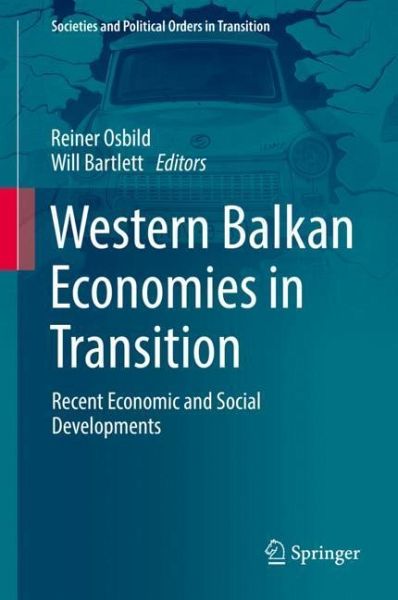
Western Balkan Economies in Transition
Recent Economic and Social Developments
Herausgegeben: Osbild, Reiner; Bartlett, Will

PAYBACK Punkte
38 °P sammeln!
This book explores the economic and social development of the Western Balkan region, a group of six countries that are potential candidates for EU membership. It focuses on the key economic issues facing these countries, including the challenge of promoting economic growth, limiting public deficits and debt, and fostering international trade relations. Given the severe impact of the recent economic crisis on social welfare in the region, it also investigates the nature and extent of social exclusion, a factor likely to produce future political instabilities if not effectively addressed by a re...
This book explores the economic and social development of the Western Balkan region, a group of six countries that are potential candidates for EU membership. It focuses on the key economic issues facing these countries, including the challenge of promoting economic growth, limiting public deficits and debt, and fostering international trade relations. Given the severe impact of the recent economic crisis on social welfare in the region, it also investigates the nature and extent of social exclusion, a factor likely to produce future political instabilities if not effectively addressed by a return to sustainable economic growth. The contributions explore these issues in light of the major influence of EU policy instruments and advice, which are currently guiding the economies along an accession trajectory to future EU membership.














